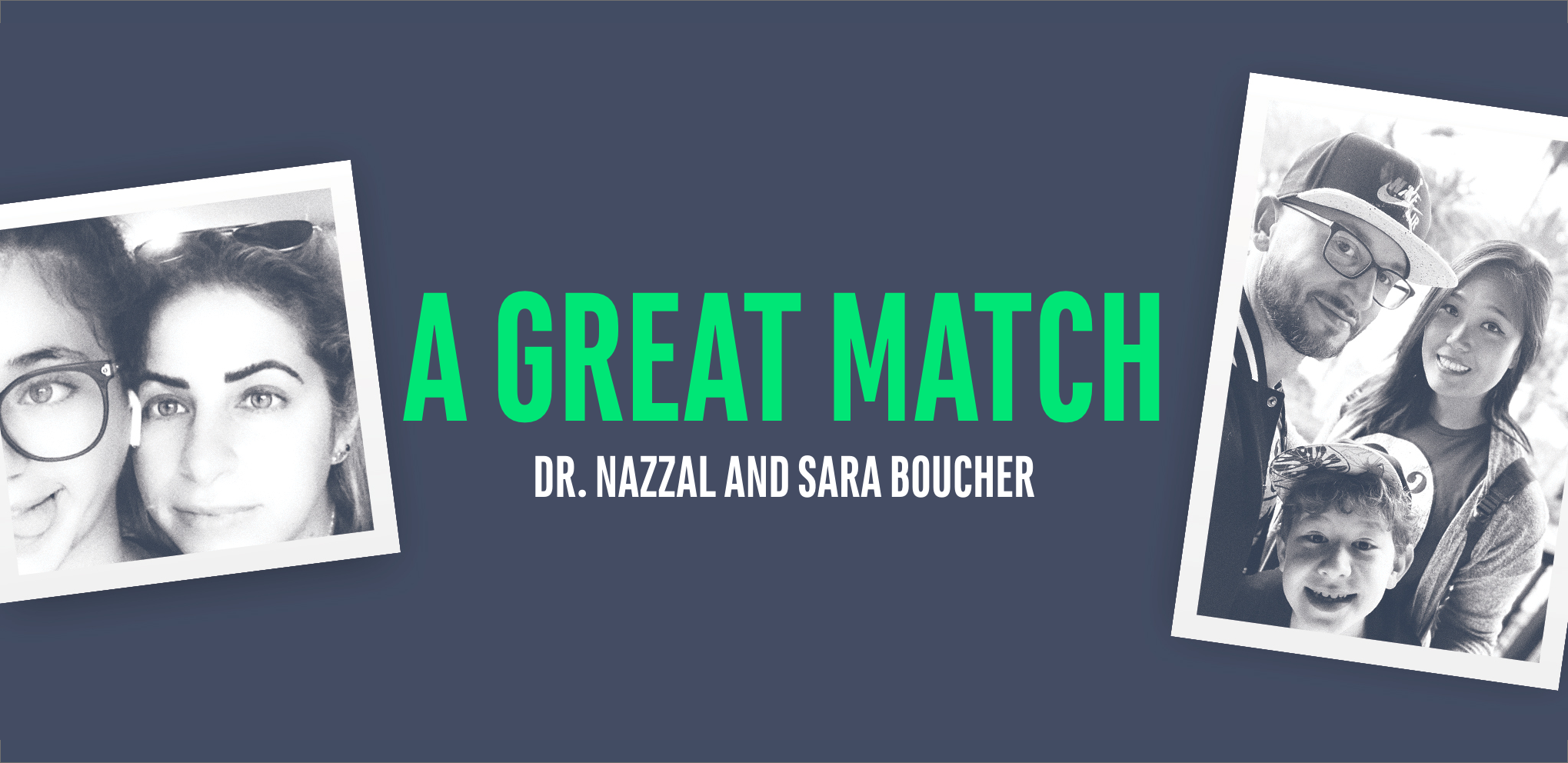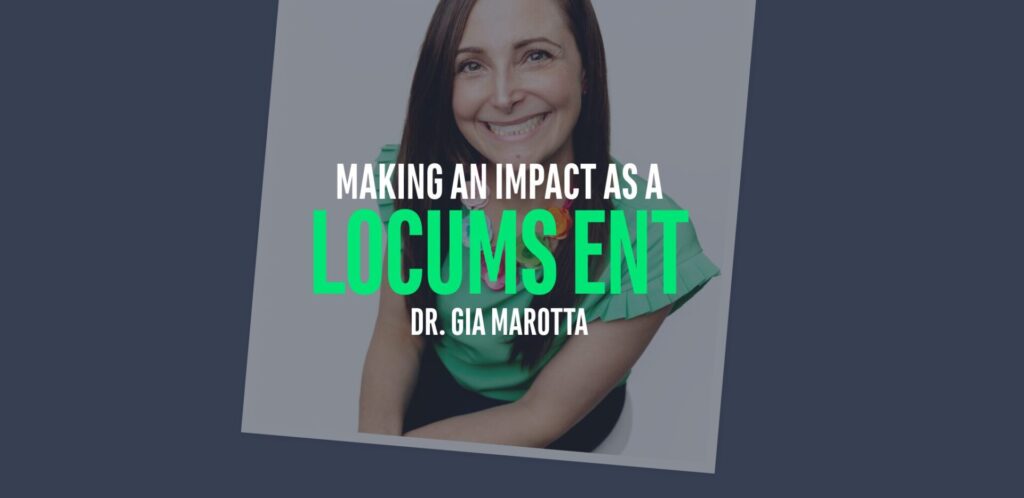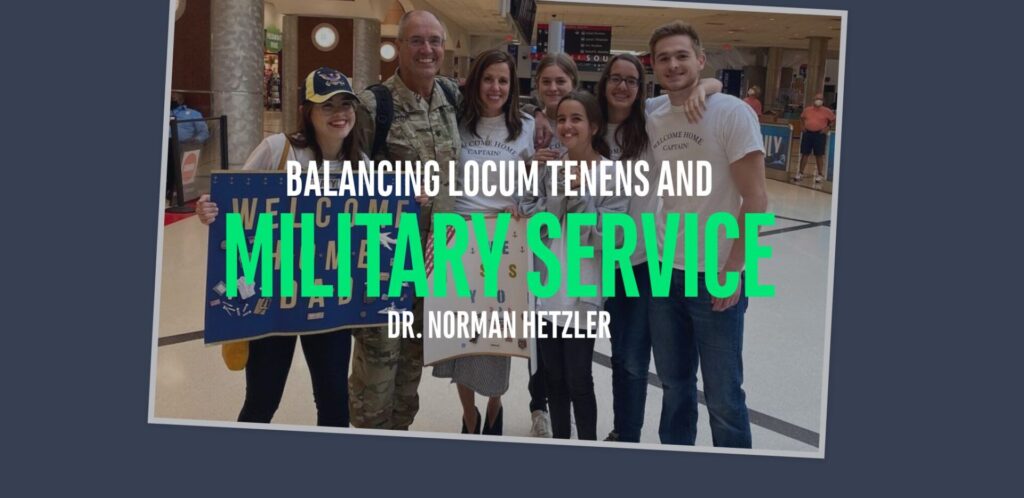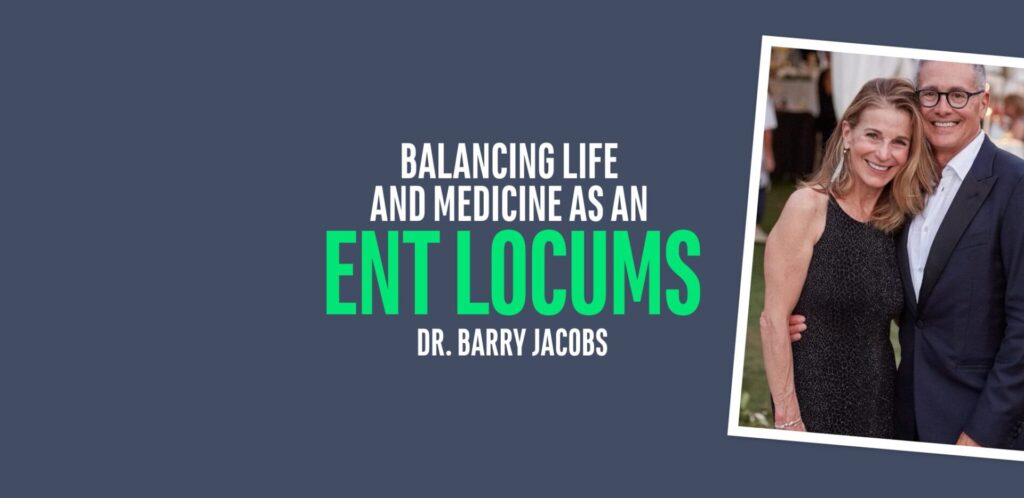At Hayes Locums, we pride ourselves on the strength of the relationships between our consultants and the physicians they serve.
Our consultants view themselves as more than just recruiters. Instead, they function as support systems for physicians: there to lend them a shoulder to cry on (or vent to), to provide resources, and to take care of their logistical needs so that the doctor can focus on what matters most: taking care of their patients.
Few relationships embody this better than the one between Hayes Locums Senior Consultant Sara Boucher, and Dr. Yara Nazzal, a physician she has worked with since 2020.
We sat down with Sara and Dr. Nazzal to ask them what makes a good working relationship. Here’s what they had to say*:
How did you start working together?
Dr. Nazzal: Sara called me at the beginning of the pandemic in April 2020, and at the time, I didn’t want to work. I was terrified to get the virus. I told her the only way I would go into work is if she could get me a job in the [city where I live], so I wouldn’t have to travel. That September, she called me and said she had a job for me.
Sara: I had talked to Dr. Nazzal once or twice, so I knew what she was looking for. Thank God for good note-taking, because when this job came up I thought, “Okay, I have the perfect person.” I called her right away.
Dr. Nazzal: I was very excited, because at the time there were no jobs on the market. She found me a good job when I needed it, and that’s how I survived 2021. This is why I feel the way I do about Sara and Hayes Locums: because without them I don’t know how I would have survived.
How did you prepare for that first assignment?
Sara: We started working together long before the assignment even began, because of all the paperwork.
Dr. Nazzal: One of the big pluses about working with Sara is that she did all of the paperwork with me over the phone. I’ve never met anyone as helpful as her.
Sara: My whole mantra is, if you went through all that training to be a doctor and to take care of patients, that’s what your main focus should be on. The back-and-forth paperwork: I can help with that.
What do you view as the most important aspects of creating a good working relationship?
Sara: From my perspective, what makes Dr. Nazzal and I work so well together is being open and transparent, and building that bond with each other. I would support her no matter what. This is how she makes her life, this is how she pays her bills, and I’m just her support system to make that happen.
Dr. Nazzal: I can’t work with people I don’t trust, and I trust Sara to give me an unbiased opinion. At the end of the day, she’s always looking out for my interests.
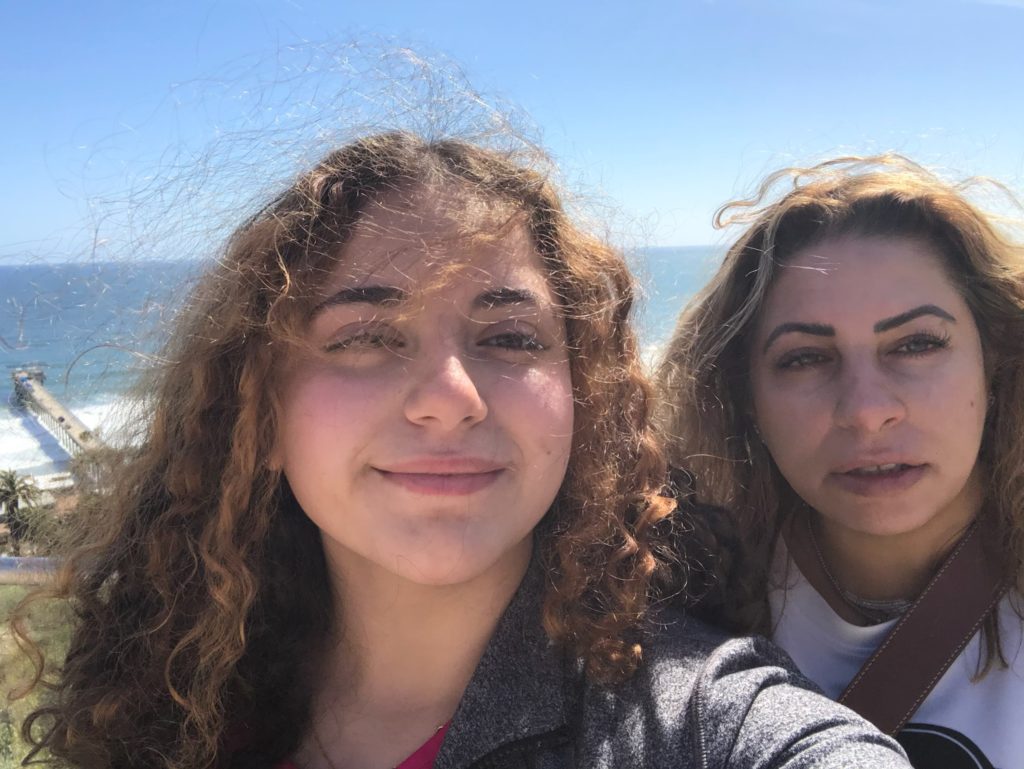
What were some of your concerns about locum tenens, and how did Sara address them?
Dr. Nazzal: Usually the concern in locums is the consistency––you’re always worrying that you’re not going to have a job, so I feel much better when I have a long term job. And also feedback: if I’m on a long term contract with a hospital and they don’t like something, I want them to give me feedback. Because then I can work on it, instead of losing a job just because someone didn’t want to give me feedback. Sara is always very good at feedback. She tells me how things are. It’s reassuring.
Sara: Keeping the line of communication open helps. Sometimes you have to have hard conversations––which, knock on wood, I haven’t had to have with Dr. Nazzal.
But sometimes you have to have those, and you have to be honest. And that transparency works both ways––Dr. Nazzal will give me the dates that she’s working at another facility, so I can rearrange or help fill her schedule. We have this relationship where she trusts me to handle her calendar, whether she’s working with me or not.
Dr. Nazzal: She’ll remind me of things––if I say I want to take a job for a week, she’ll remind me that I have another job coming up right after, and might need a break. She remembers the small details, and that’s helped me a lot, because sometimes I forget in the moment.
How did you build trust with each other, and how does that trust play out in your relationship?
Dr. Nazzal: Sara is trustworthy. I know if I call her with a problem, she will answer. She’s reliable. I always know she’s there for me, and I can talk to her about anything.
Sara: We just talk to each other. I think a different type of relationship builds when you get to see someone or hear someone over the phone. Because when you talk to someone you get to know them.
Sometimes we talk for hours––we talk about family, we talk about work, we talk about culture. I’m Asian, and the child of an immigrant, and Dr. Nazzal is Middle Eastern, and so we can both bring that level of cultural understanding, that experience to our conversation. It just happens naturally, when you get to know each other.
Dr. Nazzal: Caring is part of being good at your job, and we share that same sense of passion for our jobs. When you love a job, you do it very well. I work with people in different places, and I don’t have the same relationship with any of them as I have with Sara. I trust her and she earned the trust, because she’s very dedicated. She’s always there for you if you need anything, and she never lets me down.
*This interview has been edited for clarity and length.
